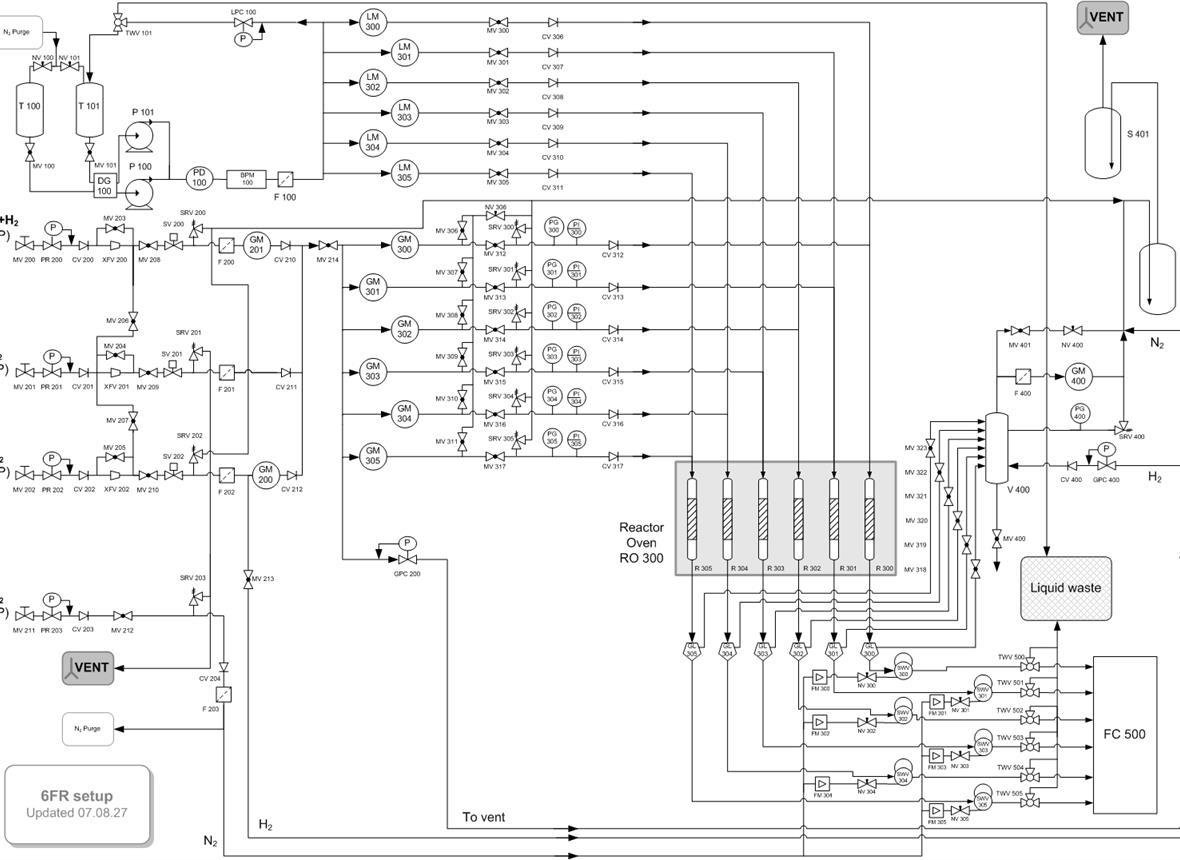Overcoming the kinetic and deactivation limitations of Ni catalyst by alloying it with Zn for the dry reforming of methane
by
Velisoju, Virpurwala, Yerrayya, Bai, Davaasuren, Hassine, Yao, Lezcano, Kulkarni, Castaño
J. CO2 Util.
Year:
2023
DOI:
https://doi.org/10.1016/j.jcou.2023.102573
